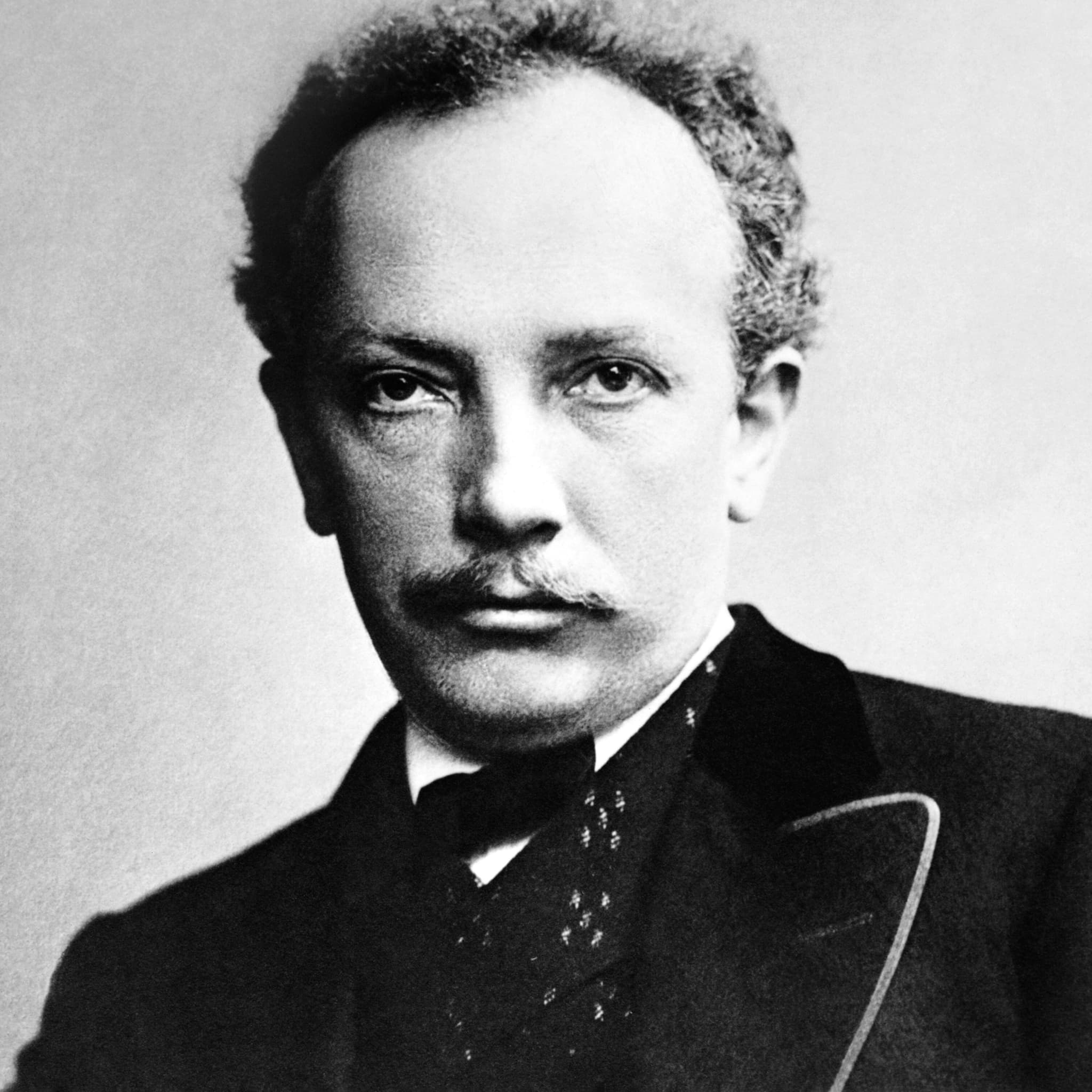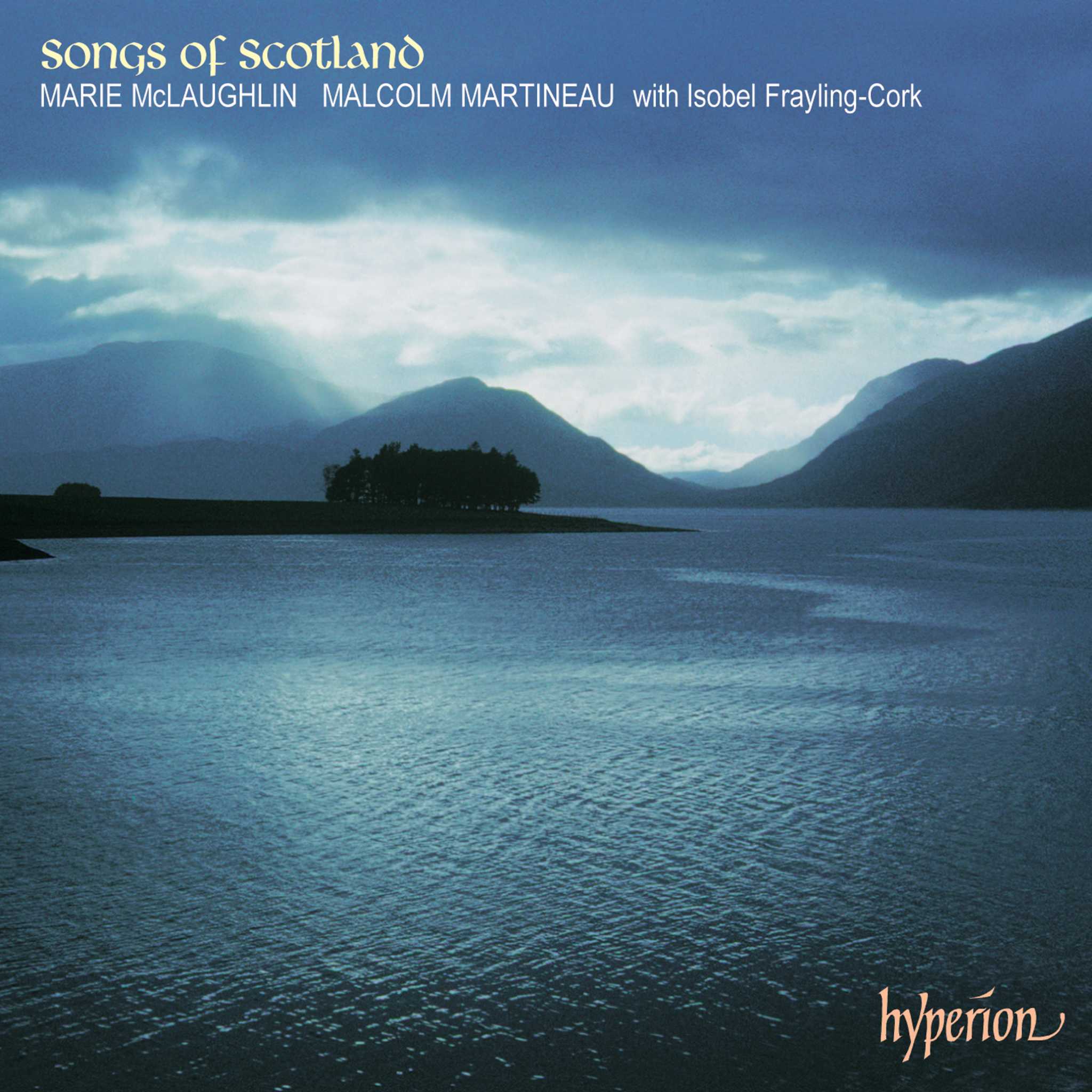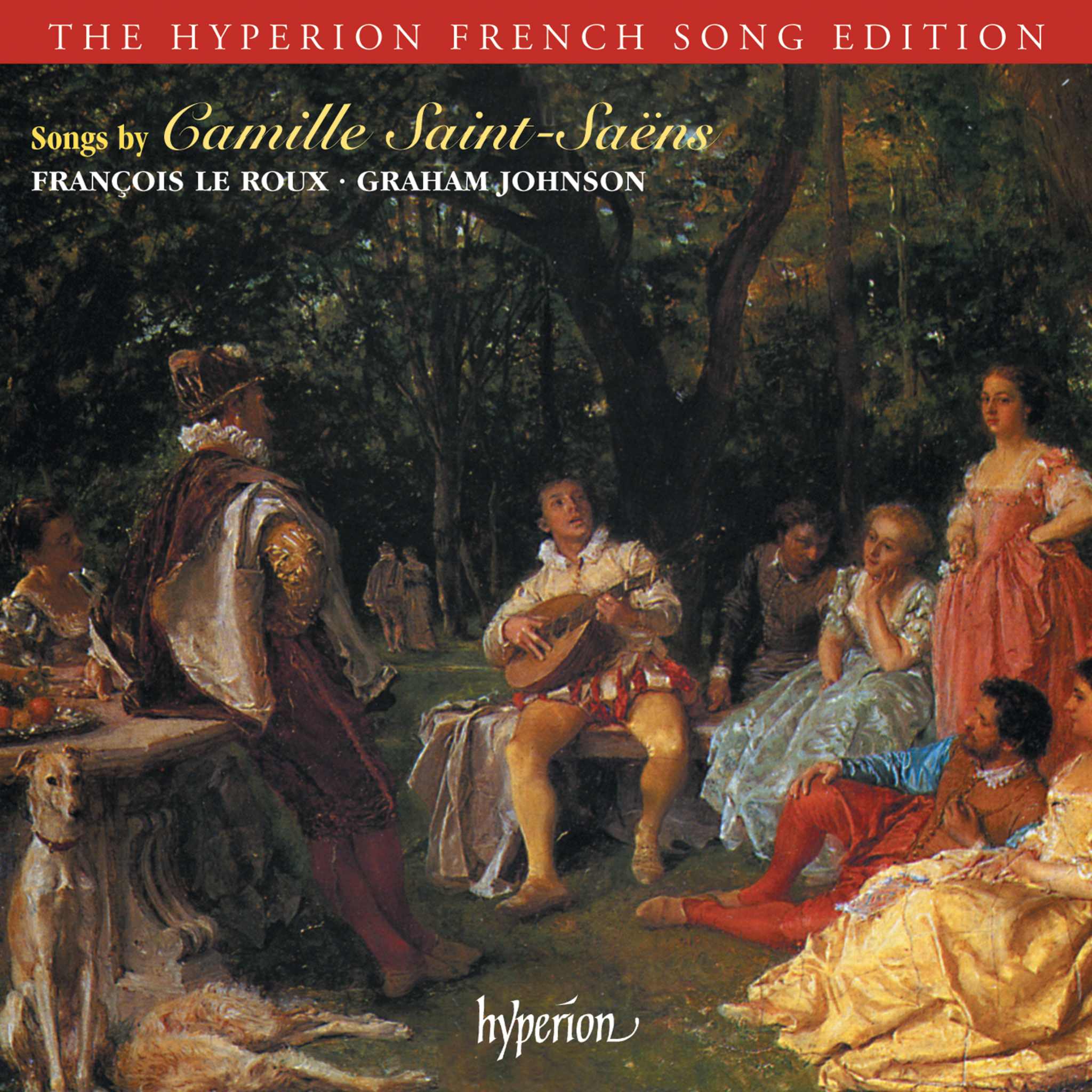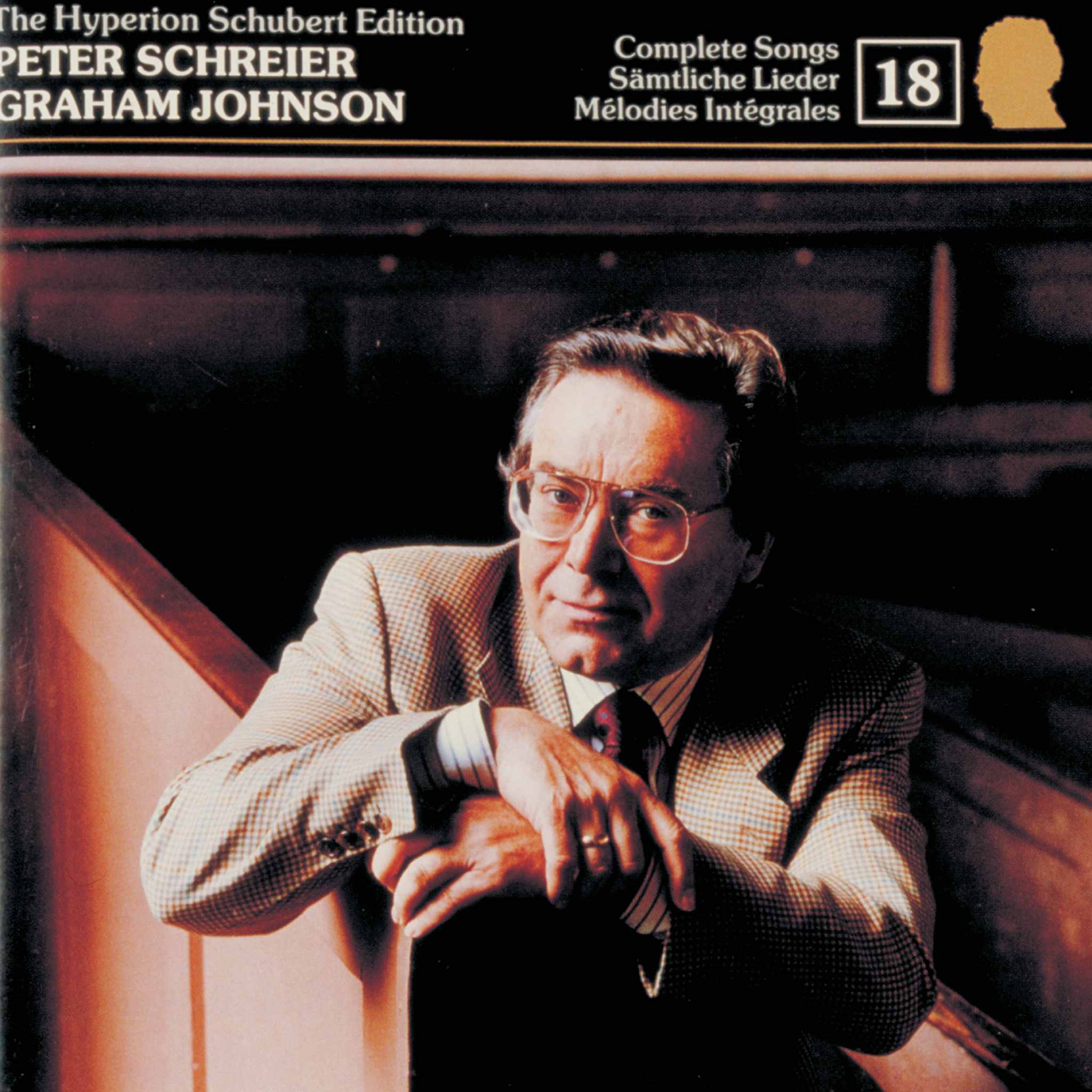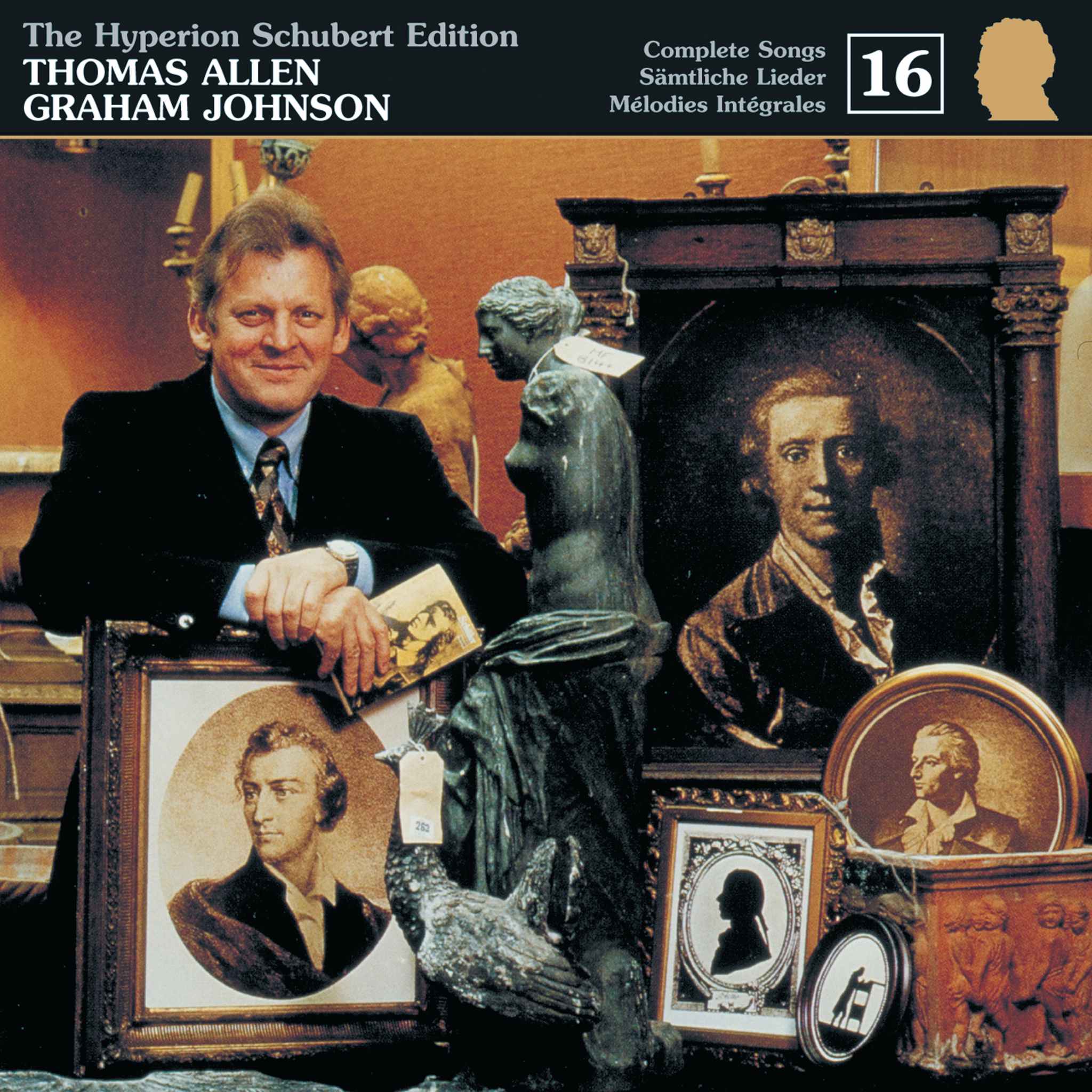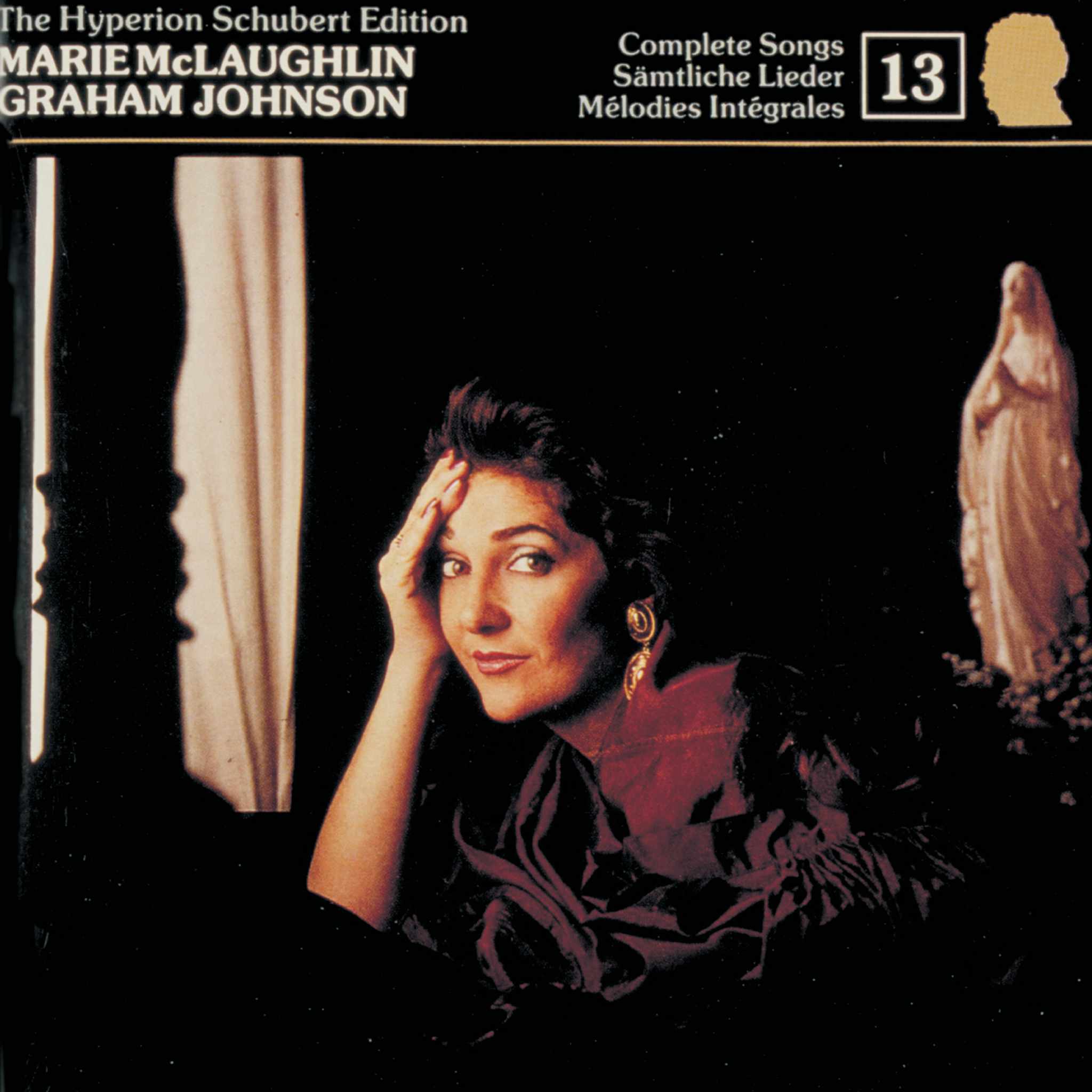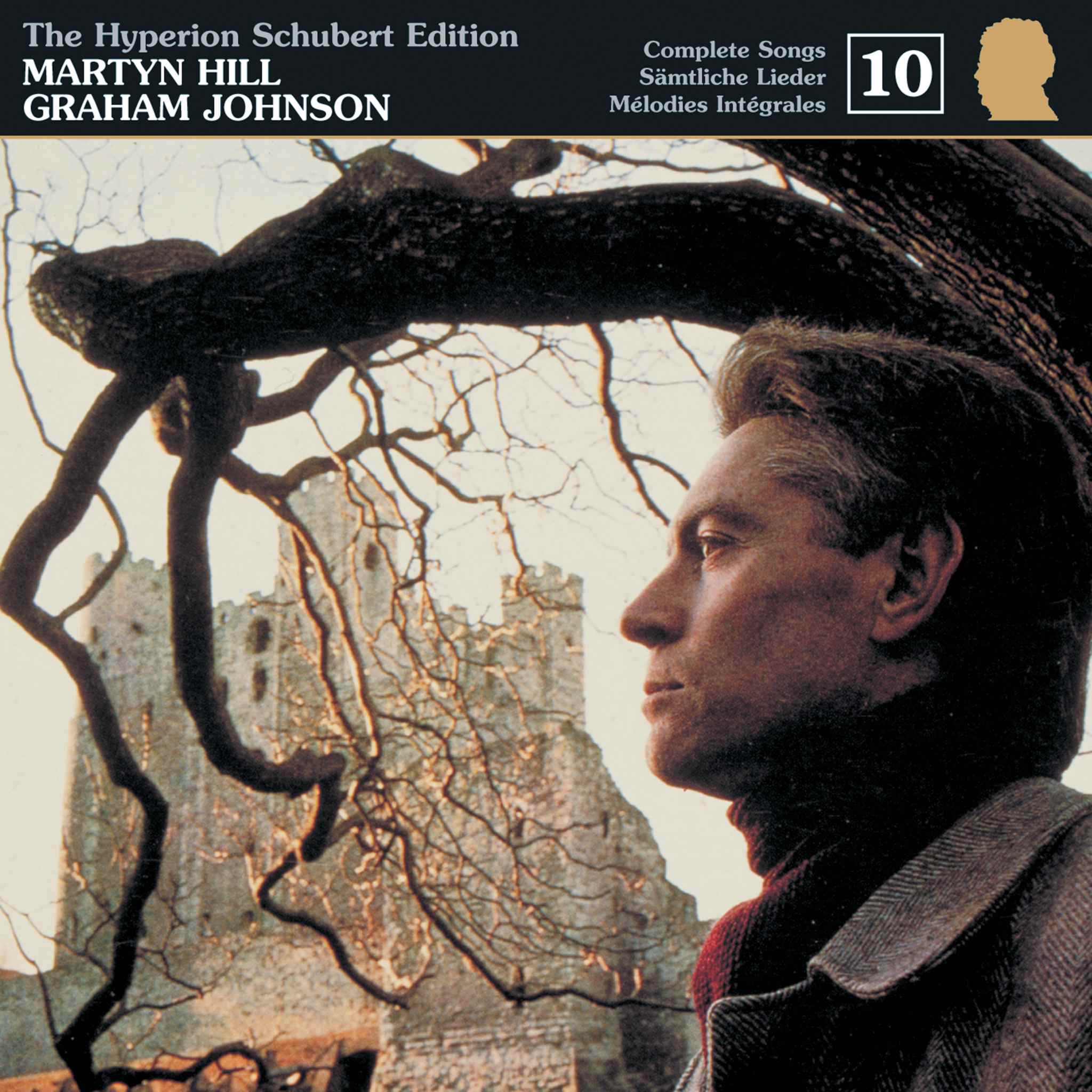Richard Strauss is primarily known for his large-scale and technically demanding works, especially his operas and symphonic poems. Nevertheless, the song remained a deeply personal means of expression for him throughout his career. He performed many of these compositions with his wife, Pauline, in concerts across Europe and America. Most of Strauss's songs were written for soprano, but some are also dedicated to bass and baritone voices. Although originally composed for piano accompaniment, Strauss's songs often possess an orchestral quality.
The songs of Opus 10 are often considered early examples of his art song, but they represent a wide range of early settings. For instance, the Christmas carol from around 1870 has a simple, childlike character, while "Die Drossel" (The Thrush) from 1877 imitates birdsong in a piano cadenza. The songs set to music by Hoffmann von Fallersleben in the 1870s also convey a variety of moods. With "Nebel" (Fog) from 1878, Strauss achieved a musical setting of dark tonal colors.
Strauss chose poems by various poets, such as von Scheidt, to create a special atmosphere. The songs of Opus 27 from 1894 impress with their sonorous arrangements, while Opus 29, based on texts by Otto Julius Bierbaum, conveys a sensual mood. Richard Dehmel's "Leises Lied" (Soft Song) stands out for its mysterious tone.
In the eight songs of Opus 49, works by various poets come together. These include, for example, "Wer lieben will, muss leiden" (He who wants to love must suffer) and "Ach, was Kummer, Qual und Schmerzen sind" (Oh, what sorrow, torment, and pain are), both folk songs from Alsace. Strauss's stylistic diversity is also evident in Opus 56, for example, with the song "Gefunden" (Found).
Strauss set Goethe's poems to music throughout his entire career. Works like "Ein Röslein zieht ich mir im Garten" (I Growed a Rose in My Garden) illustrate his creative approach. Even in songs with political themes, such as "Das Bächlein" (The Little Brook) from 1933, Strauss demonstrates his masterful ability to modulate.
Richard Strauss's song oeuvre encompasses a great diversity, ranging from intimate vocal pieces to sonorous orchestral works, and underscores the enduring significance of his artistic legacy.



